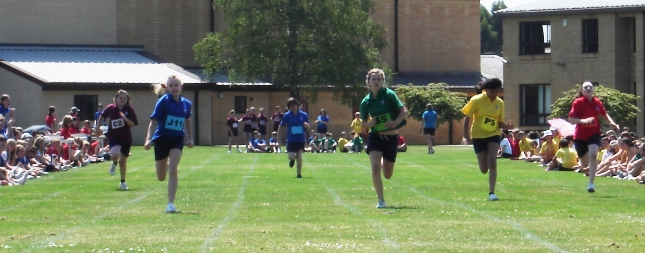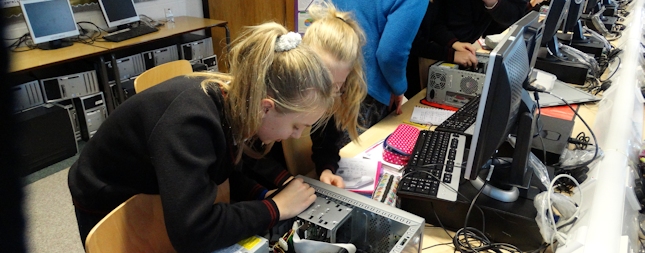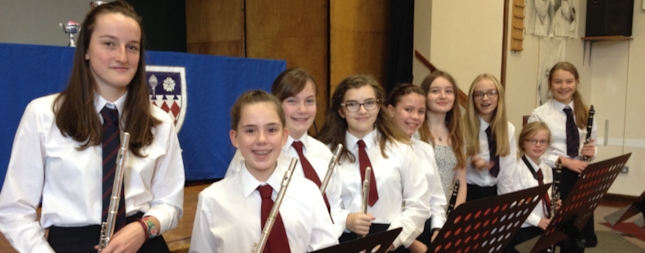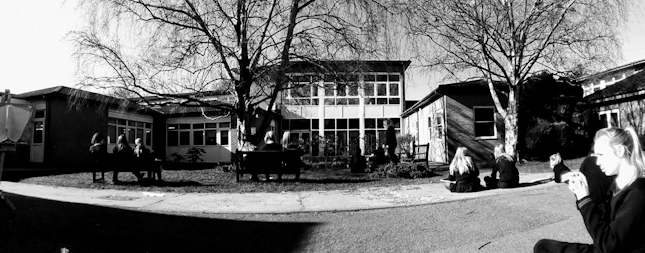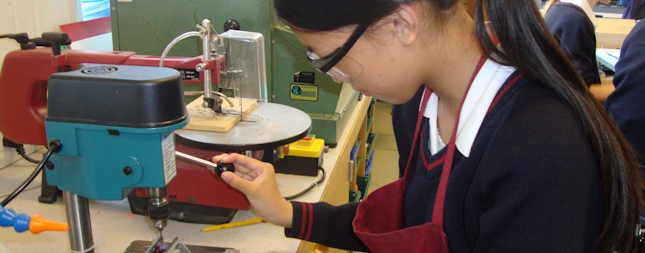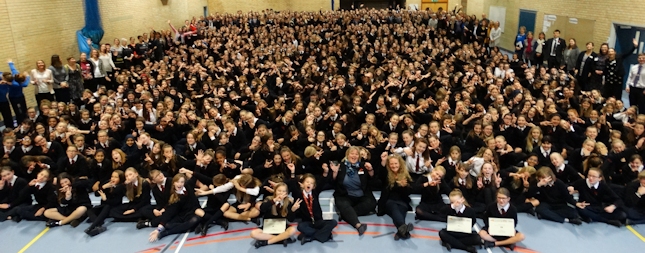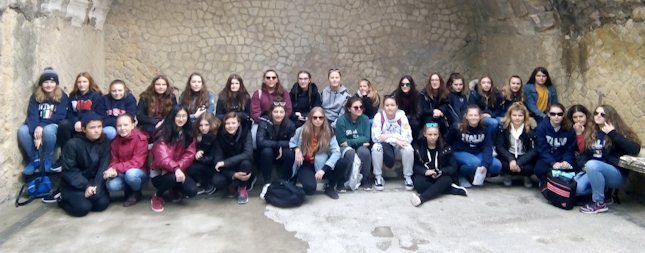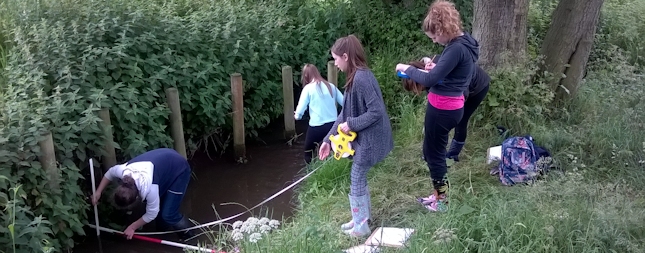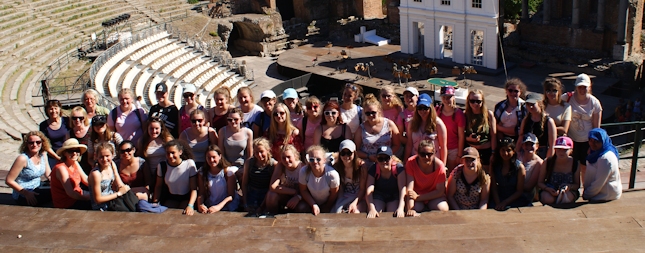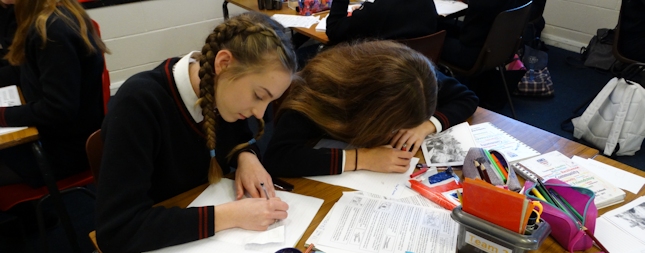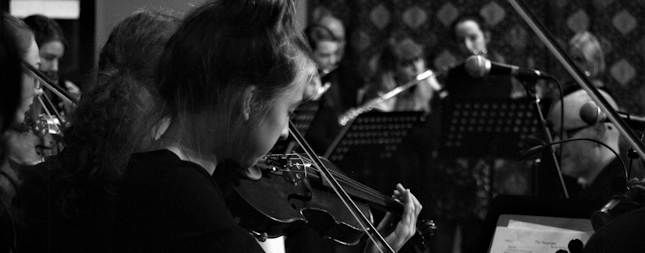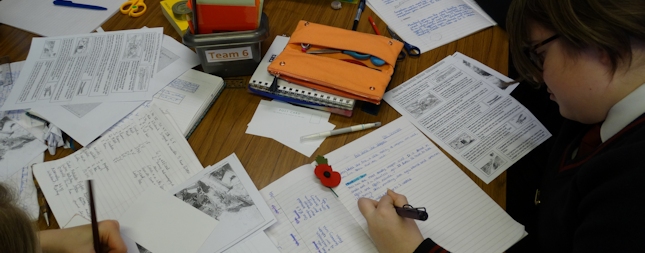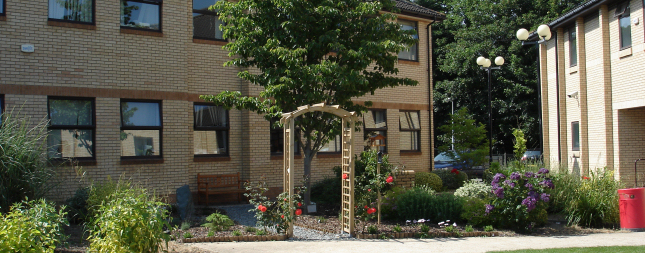Mathematics Overview
Within the mathematics curriculum there are six main topics:
• Number
• Algebra
• Ratio, proportion and rates of change
• Geometry and measure
• Probability
• Statistics
These six topics are studied in every year group throughout KS3 and KS4, with the level of difficulty progressing each time. This is called the 'spiral curriculum' - going back around the same broad areas but getting more in-depth and complex each time. So, for example, a Year 7 might be able to solve a simple algebraic equation; a Year 8 might solve an equation with fractions, or unknowns on both sides, or brackets, or powers; a Year 9 could solve a pair of simultaneous equations; a Year 10 could manipulate algebraic fractions; and a Year 11 could solve simultaneous linear and quadratic equations. Each time we revisit each topic there is the opportunity to consolidate previous years' work and then add to it, and if a student is working above what we would expect of their year group then they are given extension work to broaden their knowledge and problem solving skills from the same or related topic area.
All pupils have access to MyMaths, an online mathematical resource and homework application to enhance their learning experience.
At present, setting occurs within two bands from the start of Year 7 and across the whole year group from Year 8. Students can move between sets, on academic grounds, at any time of year.
Formal graded assessments are set across all year groups four times per year as well as a synoptic summer examination. At each assessment point, pupils are provided with feedback relating to individual objectives covered. The feedback enables pupils to self-evaluate and independently review techniques using the resources available to them or seek support within the department as and when necessary.
